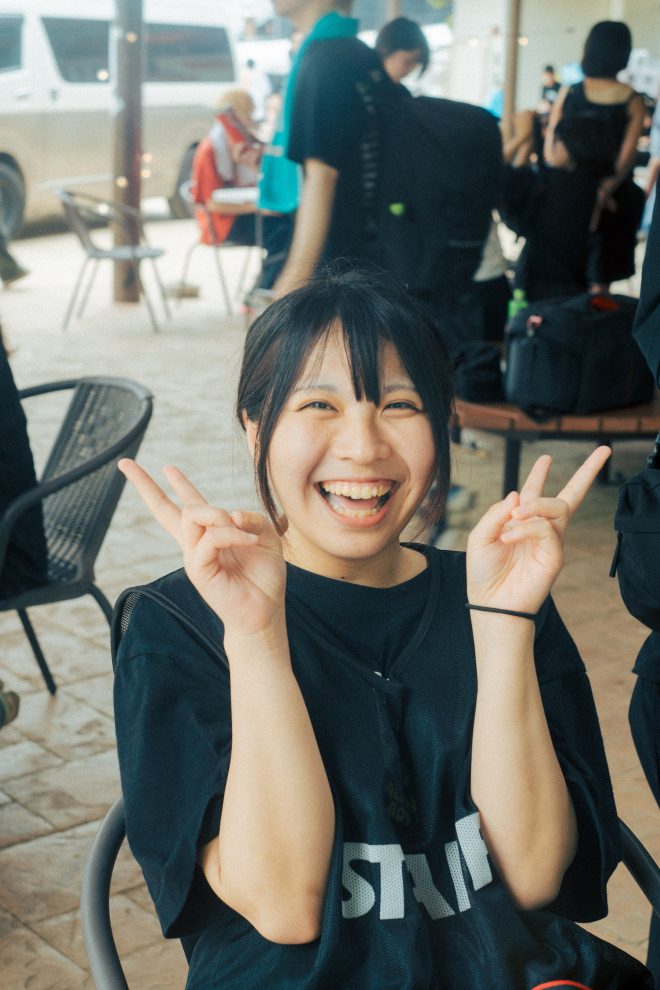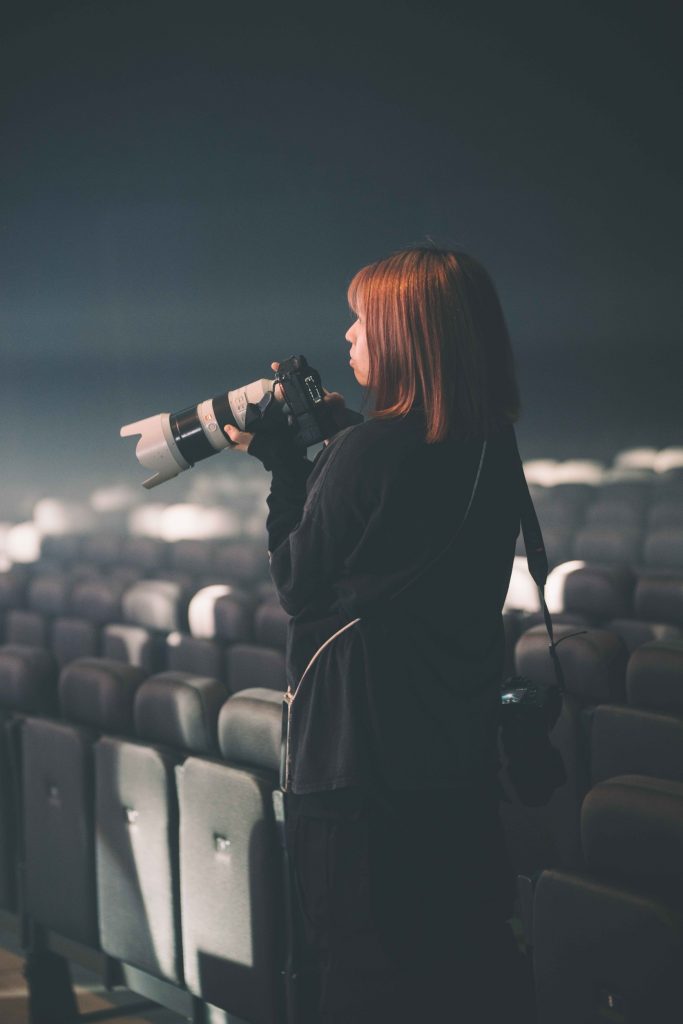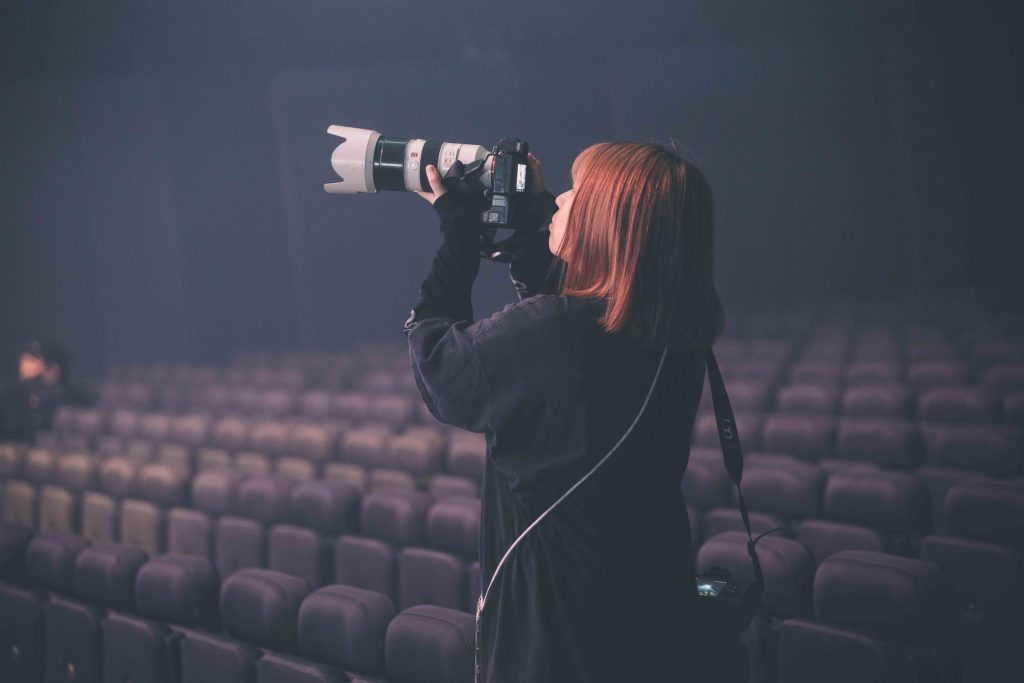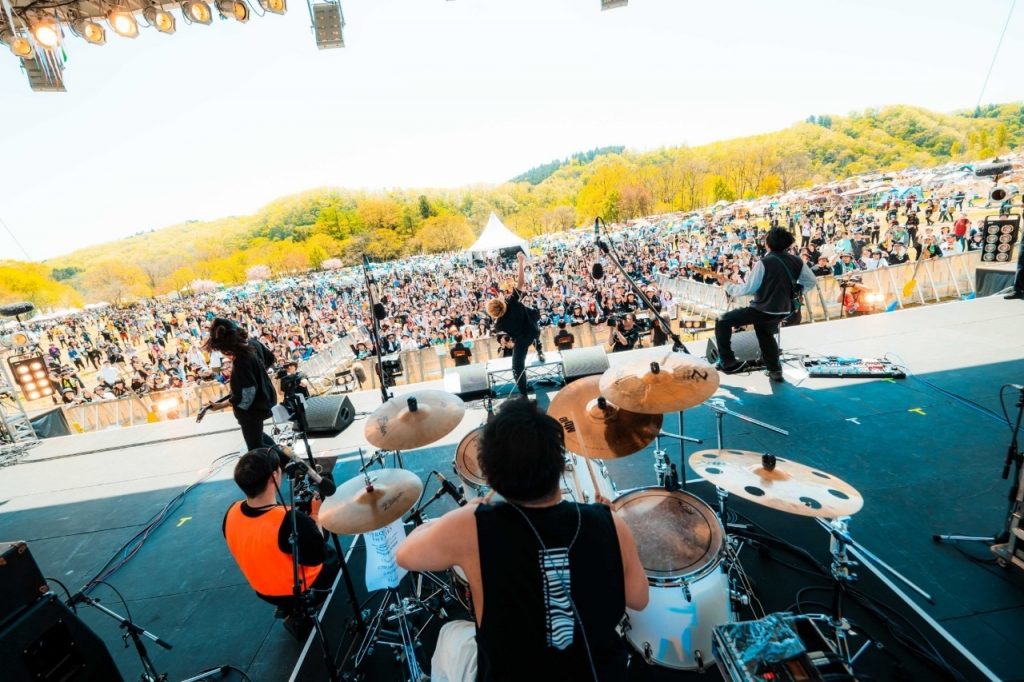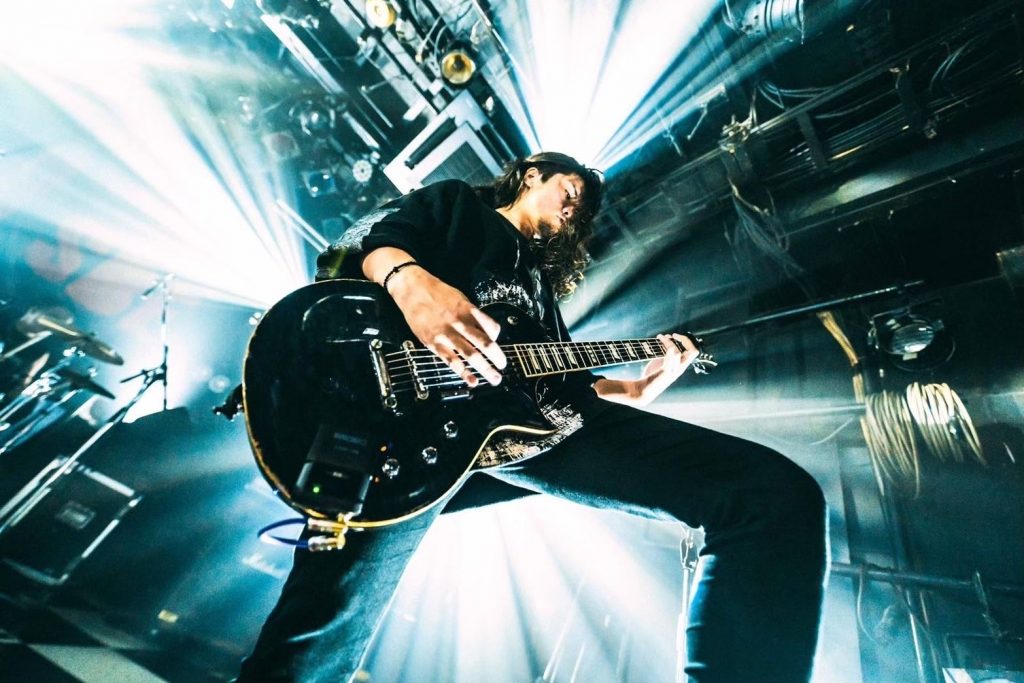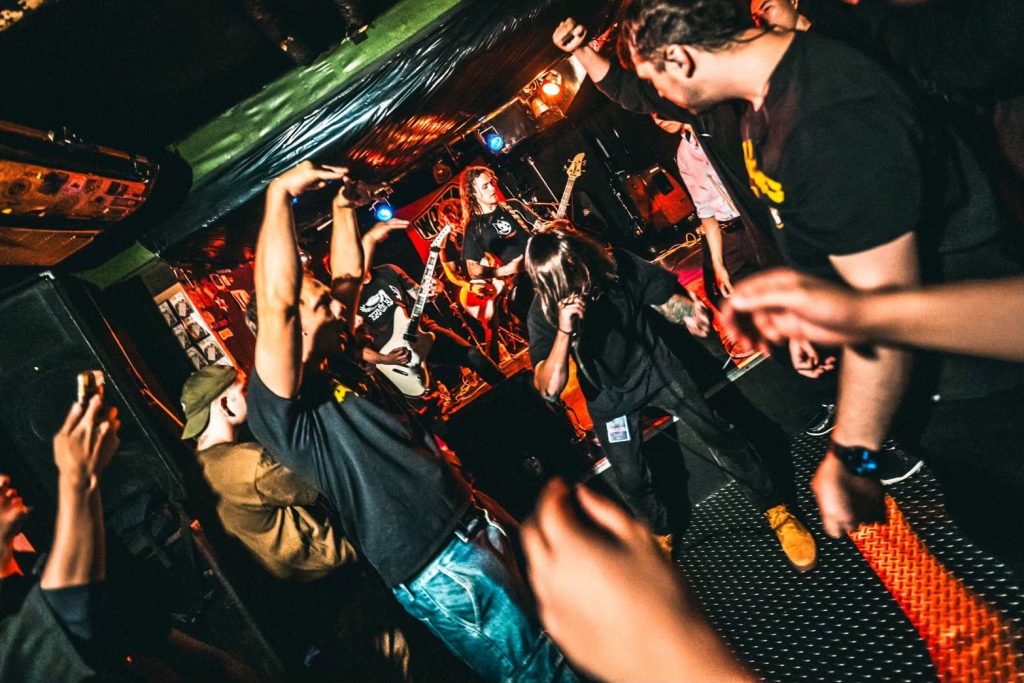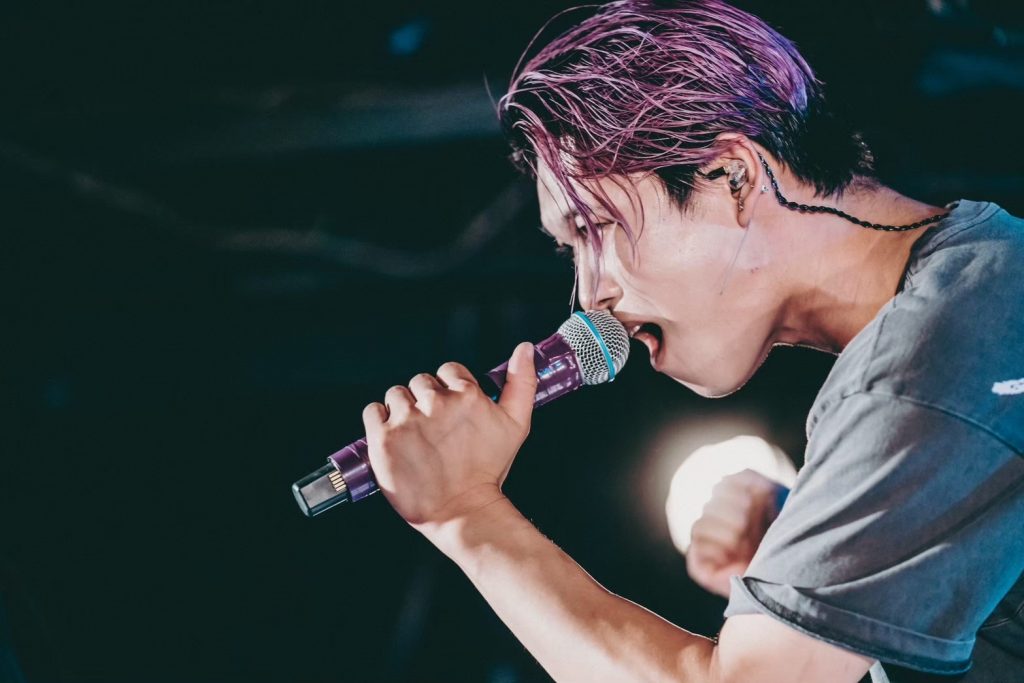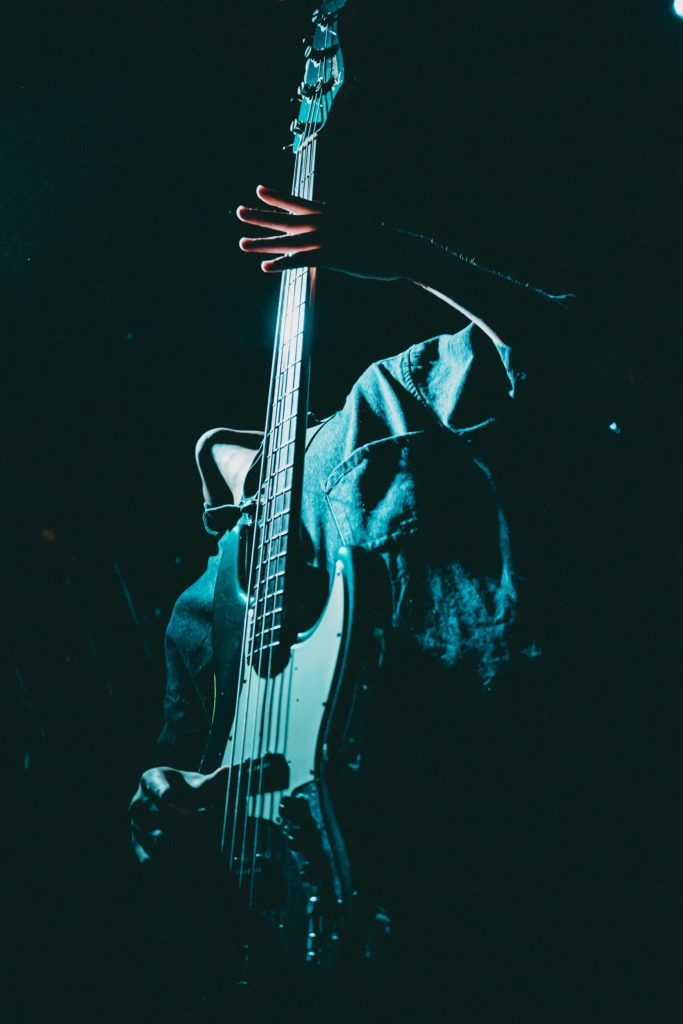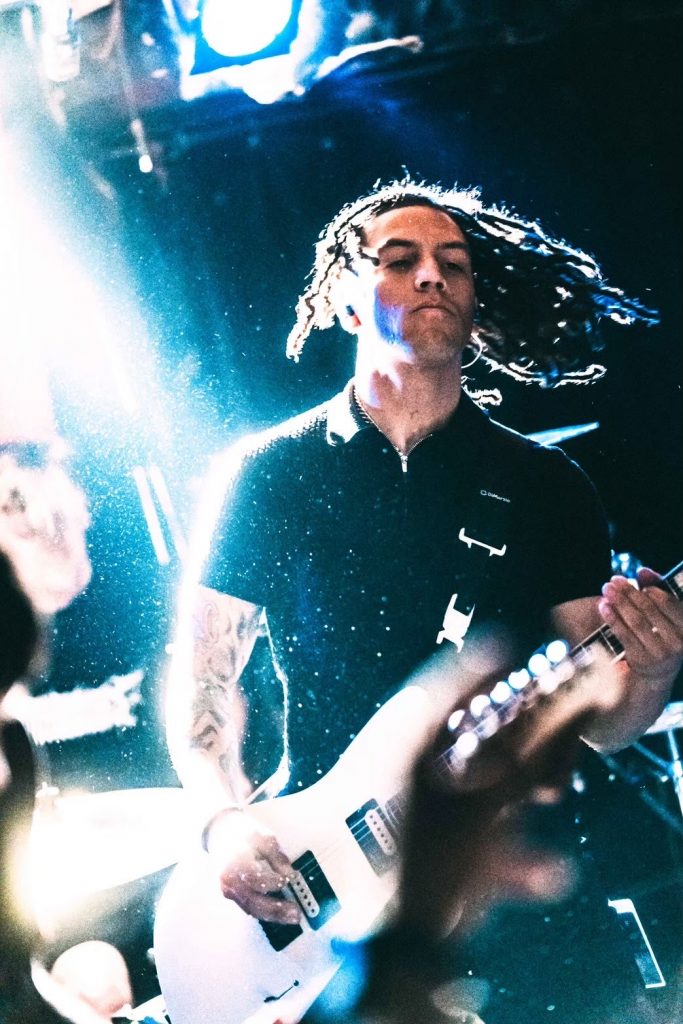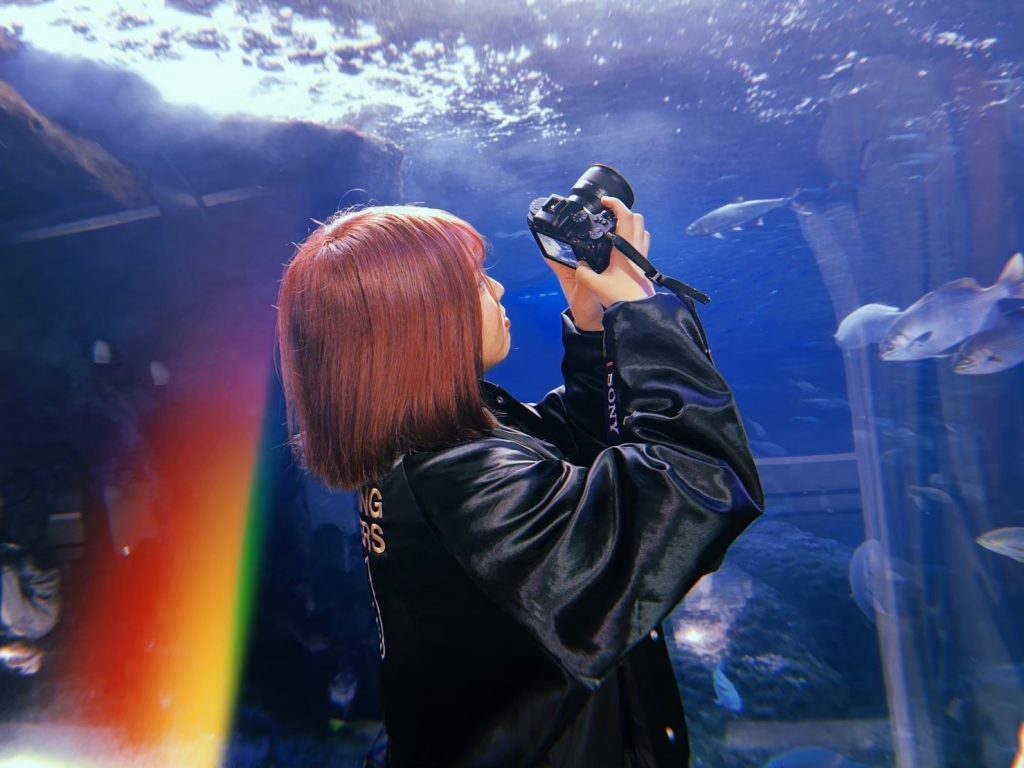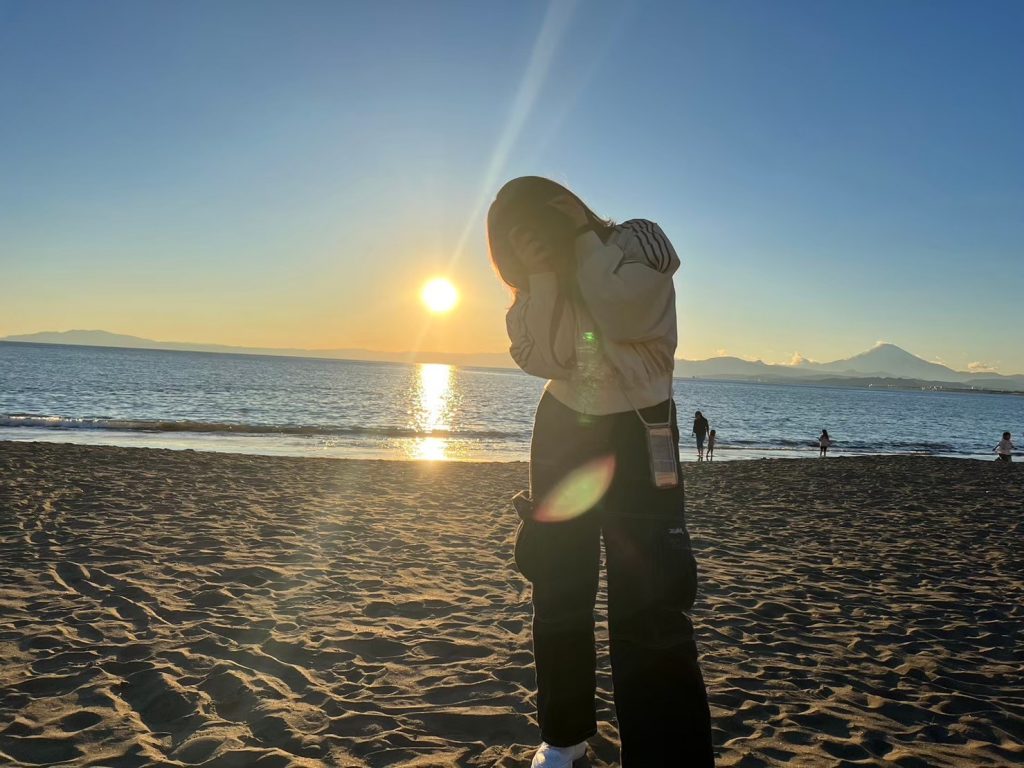When Mei Okabe was handed a camera to take some photos at university, she had no idea it would completely change the course of her life. What began as a simple favor quickly grew into a deep passion for photography, leading her to take a bold leap of faith from a stable path into the world of concert photography.
Today, you can find her at concerts for artists across genres, capturing lively shots that make you feel like you’re right there in the crowd. But how did it all start? What sacrifices did it take to be where she is now? And what’s it like being a woman in a still mostly male-dominated field?
Join us for a conversation about the risks, the rewards, and what it really takes to chase a creative dream!
— Thank you so much for this opportunity to interview you! To start off, can you tell us about yourself?
Thank you for reaching out to me!
I was born and raised in Tokyo. From elementary to middle school I was into kabuki, so I guess you could say I was a bit of a weird kid. I used to go see kabuki plays by myself twice a month. In junior high, I played Japanese taiko drums; in high school, I was a soccer team manager; and in university I joined the university music club. I spent my days without really following any consistent path.
— And now you are working as concert photographer! Was there a moment where you knew that this is what you want to do?
There wasn’t one clear moment when I thought, ‘This is it!’, but what really pulled me in, little by little, was simply how much I enjoyed capturing those fleeting moments of one-of-a-kind live shows. In fact, I’ve had many moments during shoots where I felt, ‘This is exactly what I want to do!’. Each time, those moments made me want to turn photography into my career even more. I think I started seriously considering it as a real career once I began getting properly paid for my photography.
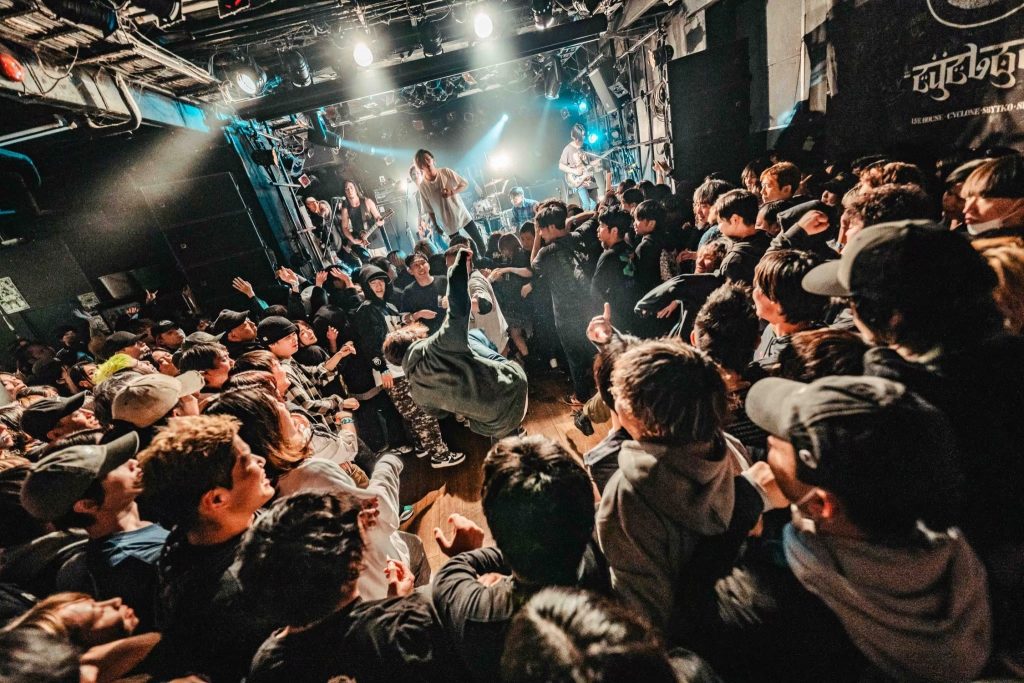
— The music industry can be a pretty competitive world and not the easiest to break into. How did you actually become a professional concert photographer?
I started taking photos when I was in a university music club. One of the senior members used to shoot our performances with a DSLR, and when it was their turn to play, they handed me the camera to take their photos. At first, I was only taking pictures within the club, but before I knew it, I had bought my own Canon DSLR and started photographing the bands of seniors who also performed outside the club.
From that point on, I found myself torn between wanting to pursue it as a career and thinking that, since it’s not an easy world to break into, I should properly job-hunt and treat it as a side hobby instead. I spent much of my student life struggling with that dilemma. Looking back now, I realize that even back then, my desire to turn photography into a career was probably much stronger — I just didn’t have the courage to face it head-on. For better or worse, I’ve always leaned toward stability, so I struggled for a long time to take the leap into such an uncertain world. Even though people around me kept advising me to finish university and graduate, I gradually started started to prioritize shoots over university classes. It was around the second half of my final year when I finally told my mother that I wanted to drop out and pursue photography full-time. Being able to attend university in the first place isn’t something to take for granted, and honestly, skipping classes and ending up dropping out in my final year isn’t a path I can confidently recommend to others… (laughs).
I think I caused my mother to worry quite a lot, especially since I didn’t even consult her until the very last minute, and I now regret having hurt her because of that. But since I had just kind of gone through the motions for both high school and university entrance exams, this was the first time I truly felt motivated to do something on my own. So even now, I feel glad that I actually took action on it. Though, to be honest, I do think I could’ve gone about it in a better way… More than anything, I'm truly grateful to my mother, who faced me sincerely and, in the end, accepted my decision by saying it’s my life to live. I had talked about this with people close to me, but talking publicly like this still feels a little embarrassing.
After that, I kept going to live venues, reaching out to bands I wanted to photograph, introducing myself to other bands at the same shows, and gradually increasing my shooting opportunities. I also learned a lot from senior photographers I met at venues and through social media, and they even took me along to shoots. All of that has led me to where I am today.
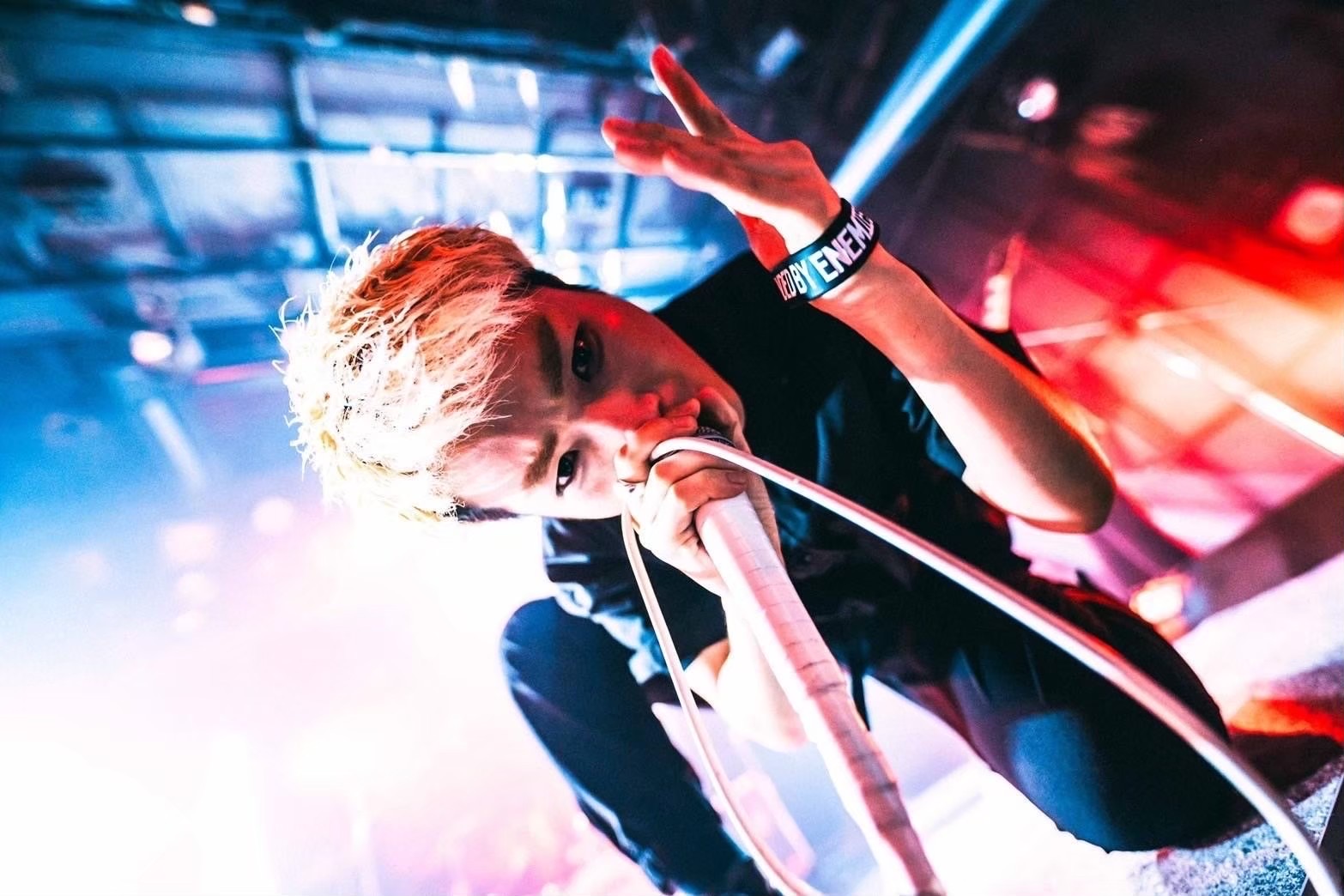
I’d catch myself thinking things like, “They’re having fun because it’s just the guys,” or “Wouldn’t I be out of place as a woman if I joined them?”. I would overthink it and put up walls that didn’t need to be there.
— Do you remember the first time you took pictures at a concert? How was that experience for you?
I had so much fun holding the camera for the first time at that university club. I also really looked forward to the photos my seniors would send after each concert, and it made me happy knowing we could capture such precious memories of our student life.
Back then, I wasn't even thinking about turning it into a job, I was just purely enjoying taking pictures. Even after I properly started taking photos myself, it made me so happy to see my friends and juniors from the club enjoying them, and every day was exciting.
— As a female photographer in the music industry, have you ever experience disadvantages or prejudices towards you?
I haven’t really experienced any obvious disadvantages just because I’m a woman. But on the other hand, there have been many times when I ended up building walls myself. I’d catch myself thinking things like, “They’re having fun because it’s just the guys,” or “Wouldn’t I be out of place as a woman if I joined in?”—overthinking it and putting up walls that didn’t need to be there. Now that I’m mentally stronger and have more experience, I don’t think that way anymore. But when I was just starting out, I was overly sensitive about being seen as someone who was only trying to get close to band guys. When I first started shooting outside of the university club, I hated the idea of being seen that way so much that I would intentionally show up to shoots without wearing any makeup. These days, though, it’s usually just because I don’t have time to put any on (laughs).
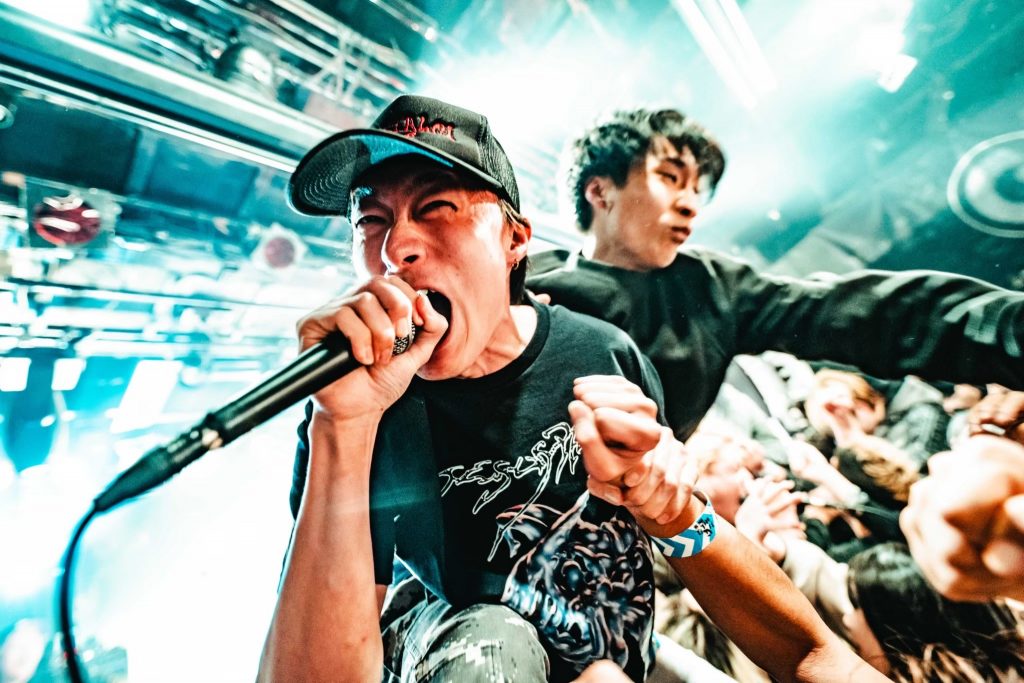
— Looking at your photos, I can really feel the energy and excitement of the live performances!
Shooting in dark concert environments must be challenging and come with a lot of pressure.
How do you deal with unpredictable moments during a show—like sudden changes in lighting or interaction with the audience?
I’m really happy to hear that! To be honest, during concerts, in that exact moment, I’m not really thinking much at all. Of course, there are things I decide in advance based on the rehearsal, like, “The lighting is like this here, so I’ll shoot it this way,” or “Because of this part of the performance, I’ll photograph it like that,” or “Everyone jumps during this part of the song, so I’ll shoot it wide.”
In the beginning, I used to plan everything out in detail—like, “I’ll stand here for this song”, but I found that if you plan too much, and something unexpected happens during the actual show, you risk your mind going completely blank. So now, I mostly decide on my camera settings during rehearsal, and for the actual concert, I just enjoy myself while shooting, staying open to whatever might happen. Getting used to dealing with the lighting changes just came with experience. As for the audience, in venues without designated walkways, there are inevitably moments where I end up in their line of sight. So I try to move quickly, keep it brief, and make sure the audience knows I am grateful to them for letting me be shoot there. The audience is always incredibly kind. Some make way when they notice me, others subtly shield me when the moshing starts, and if I get hit by a crowd surfer, they even shout “Sorry!!” as they pass by. The shows I get to shoot are always filled with kind, generous fans. In my opinion the audience enjoying themselves should always come first, so I try to be mindful not to act entitled just because it’s my job.
— I can imagine that during a live performance many unexpected things and accidents happen. Were there moments where you thought, “This is really bad“?
So far, I haven’t experienced any major troubles myself, but at shows where there’s crowd surfing, troubles with the artists mic’s and cabels do happen. When that happens and I am nearby, I always try to be ready to help right away.
— What do you think has changed the most about you since you started this job?
The biggest change was me finding what I really want to do in life. Like I mentioned earlier, I used to be the type who valued stability. I imagined I'd go to school, get a job, work a normal office job, get married… . So the fact that I found something I actually wanted to dive into, and then really did dive in, even surprised me. Since then, the way I think has been constantly shifting and I feel like I’m always changing in some way. Maybe I won’t even realize some of those changes until I look back on it all later (laughs)
.
— Do you have moments you think “This picture really looks like something I did!” when you look at your photography?
I haven’t quite found that one thing in my work that makes me go, “This is so me”, and in fact, figuring that out is something I’m still working on. That said, people often tell me things like, “Your photos shine,” or “You have a great eye for capturing expressions”. Hearing that kind of feedback makes me want to make sure I never miss a moment. That’s why, when I capture an unusual expression or something that feels full of energy, I do start to feel like maybe that’s a glimpse of what makes my style mine. I hope to find that clear sense of self in my photography soon, make it my strength, and keep polishing it.
— Is there an artist you would love to take pictures of?
Deep down I’m very ambitious, so I’ve got quite a few in mind, but I’d like to keep them to myself until it actually happens!!!!!
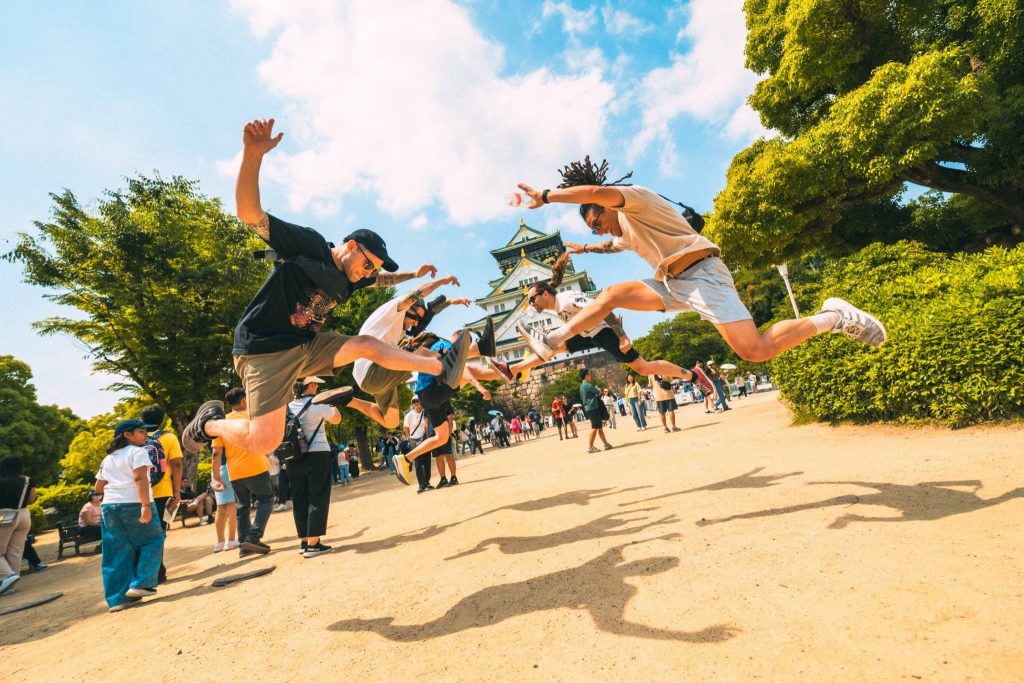
There are truly too many happy moments to list. It is such a rewarding job.
— What was the most difficult time in your career and how did you overcome it?
I feel like I’m still always in the middle of a struggle. Every time I shoot, there’s a part of me that thinks, “Yes! I captured the perfect moment,” but at the same time, another part of me is already reflecting, thinking, “Maybe I could’ve done this or that better…” I spend a lot of time reflecting outside of shoots, so I can’t yet say I’ve had that breakthrough moment where I truly felt I overcame it yet. I want to keep throwing myself into it with everything I’ve got. After all, I believe that the more hardships you overcome, the stronger you become — and that leads to personal growth.
— Being a photographer is something many people dream of, what would you say is your process of achieving your dreams and goals?
The best thing you can do is to be honest with yourself and go after what you want the moment you realize you want it.
Looking back, I think if I hadn’t taken the safe route as a student, if I had faced my dreams head-on and acted with intention, I might have found my way into this work much earlier. I think concert photography is a bit of a unique path even within the photography world, so there’s really no one “correct” way to get into it. Everyone’s journey is different, that’s why I think it’s so important to meet a lot of people, hear a lot of stories, and find a way that feels right to you. Just because someone else did it one way doesn’t mean you have to do it the same way. And just because someone succeeded by doing something a certain way doesn’t mean that’ll work for everyone…To be honest, I’m still growing and learning myself, so I don’t feel like I’m in the right position to talk about the “right” process much (laughs).
ー Speaking of dreams, do you currently have one?
My current dream is to continue working as a concert photographer for decades to come. There are still ups and downs when it comes to income, and if I were to get sick or injured, I’d lose all of it. That’s why I want to build a more stable foundation, so I can keep doing this job for the long run. I want to be someone who works hard, no matter how old I get.
— What makes you the happiest doing your job?
Being able to do what I love as my job is what makes me happiest. If I had to name specific moments, two in particular come to mind that bring me equal amounts of joy.
The first is the moment I’m actually taking photos. I simply love photography, and I love the atmosphere of concerts. Even though I do feel nervous while shooting, I genuinely enjoy every aspect of it. The second is when someone praises my work—whether it’s the artists themselves, their staff, the audience, or fellow photographers. I work behind the scenes, so any form of direct praise means a lot to me. Even now, when someone compliments my photos on social media, I still get so happy that I end up taking a screenshot (laughs).
When someone appreciates a photo I took, I feel truly glad that I was able to capture that moment. It’s a deeply fulfilling feeling. As I’m answering this, more and more happy memories are coming to mind. Being asked to shoot again and again is another thing that makes me feel incredibly fortunate. With so many photographers out there, being chosen for a job really means a lot. It motivates me to keep doing my best and live up to that trust. There are truly too many happy moments to list. It is such a rewarding job.
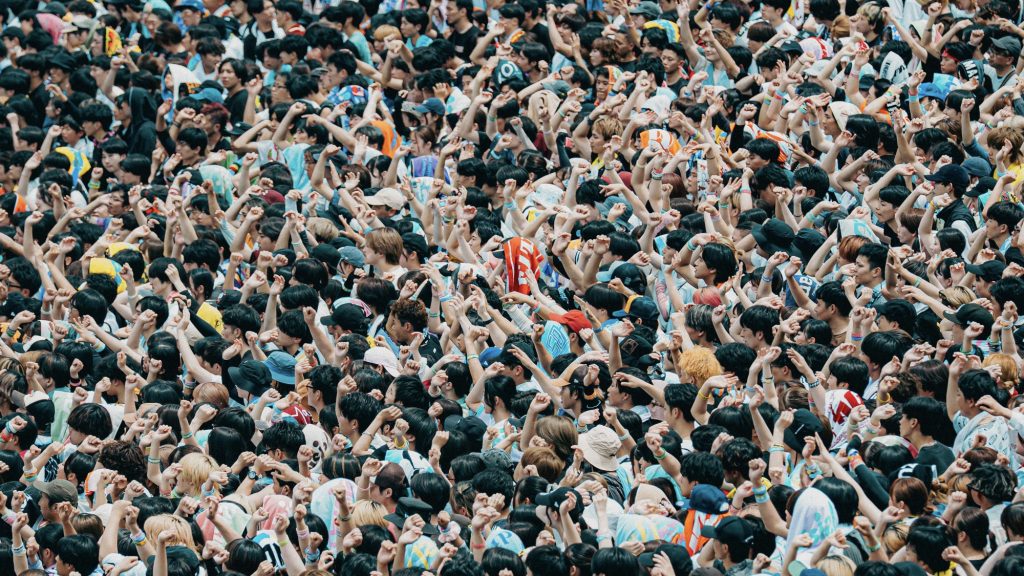
ー And last but not least, what would you say is the biggest reason why you’re doing what you’re doing?
This isn't a job you can do alone as it’s only possible thanks to the people who offer me opportunities. So I think one of the biggest reasons I’ve come this far is that I’ve truly been blessed with the people around me. Bands who want to aim higher together, seniors who invite me to shoots or recommend me to others, and people from different sections who support me—there are just so many people I’m grateful to, I couldn’t possibly name them all…
Aside from the environment, I think another big reason is that I genuinely want to keep doing this. Even during tough times when it’s tough and I feel down, I still think “I don’t want to give up! I want to keep going! I want to aim even higher!”. I’ve recently come to feel that this determination is, in its own way, what keeps me connected to this work.
To be honest, there are times when I feel like people are underestimating me, or treating me as if I'm easy to take advantage of to. But I think one of the reasons I’ve been able to keep going is that I’ve learned to turn even those moments of frustration into something positive and motivating.
Text & Interview: Olga Mazlina
Photography: Mei Okabe
Profile Picture: TERU
Artists featured:
Follow Mei Okabe here! 👉INSTAGRAM
